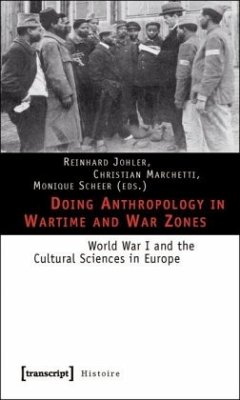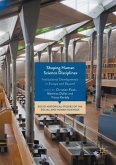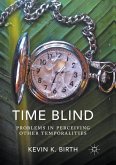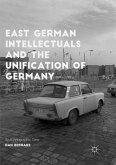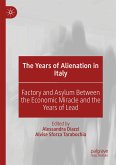World War I marks a well-known turning point in anthropology, and this volume is the first to examine the variety of forms it took in Europe. Distinct national traditions emerged and institutes were founded, partly due to collaborations with the military. Researchers in the cultural sciences used war zones to gain access to »informants«: prisoner-of-war and refugee camps, occupied territories, even the front lines. Anthropologists tailored their inquiries to aid the war effort, contributed to interpretations of the war as a »struggle« between »races«, and assessed the »warlike« nature of the Balkan region, whose crises were key to the outbreak of the Great War.
»[The] combination of carefully developed specific points of research and thorough reexamination of paradigmatic theoretical models should make this volume an indispensable reading and an important point of reference for years to come.« Aleksandar Boskovic, Anthropos, 107 (2012) »Der thematisch konzentrierte, aber räumlich weit ausgreifende Sammelband vermittelt einen anschaulichen und differenzierten Überblick über die Bedeutung, die der Erste Weltkrieg für die Herausbildung der Disziplinen Volks-/Völkerkunde (Anthropology) hatte.« Silke Göttsch-Elten, H-Soz-u-Kult, 18.02.2011 Reviewed in: European Association of Social Anthropologists, (2011), Marius Turda Kwartalnik Historyczny, 2 (2013), Aleksandra Rodziska-Chojnowska Zeitschrift für die Geschichte des Oberrheins, 161/122 (2013), Rainer Brüning

